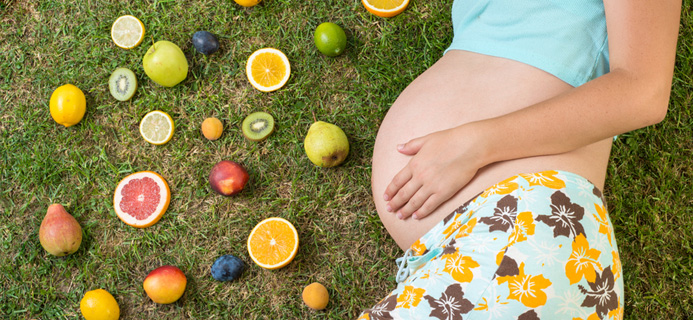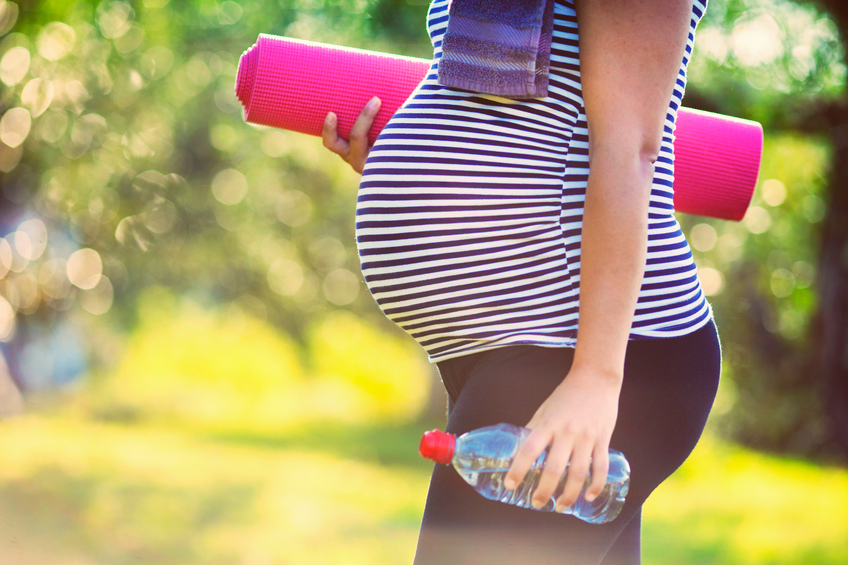Need some diet tips to boost your fertility? Pregnancy nutritional therapist Henrietta Norton has what you need
Whether you are planning your first pregnancy or thinking about having another child, trying to conceive naturally, or undergoing fertility treatment; the period of time before you conceive gives you a window of opportunity to evaluate your nutrition and general lifestyle. Small changes to your diet can help you to optimise your ‘fertile’ ground. Here I have provided some food and lifestyle choices you and your partner can make to support a healthy conception.
This needs to be partnership with you and your partner. Often fertility preparation is seen as the preserve of women. In fact, for over half the couples in the UK who experience subfertility (i.e. they are less than normally fertile), it is the result of problems on the male side.
If you and your partner know you want to conceive, you should both try to make some dietary changes three months ahead of that time. During these months, immature eggs, known as oocytes, mature enough to be released during ovulation and sperm cells develop before being ready for ejaculation. Eating a nutritious diet during this time greatly influences the quality and efficiency of this process and gives you an even greater opportunity to create a healthy pregnancy.
Making dietary changes and improving nutrient stores may also help to correct factors that may be affecting your ability to conceive, such as a low sperm count in men or hormonal imbalances during the menstrual cycle in women.
Studies have shown that couples who have made changes to their diet and lifestyle improved their chances of having a healthy pregnancy and baby by 80 per cent, but research has shown that the benefits extend way beyond this. Indeed, how healthy your diet and lifestyle are during the preconception period is now understood to sow the seeds of health for your growing baby in infancy, such as reducing the risk of atopic conditions such as asthma and eczema, as well as chronic health conditions in adulthood, such as diabetes.
Eating a healthy diet before you conceive can also influence milk production during breastfeeding and reduce the potential of postnatal depression. Here are my key tips for boosting your fertility through diet.
-
Eat protein with every meal
Protein provides the building blocks of the body and is especially important for hormone production and healthy cell development. Good sources of protein include free-range poultry, eggs, yoghurt, fish such as wild salmon and trout, lentils, nuts, seeds, quinoa and grass-fed red meats.
Good sources of protein include free-range poultry, eggs, yoghurt, fish such as wild salmon and trout, lentils, nuts, seeds, quinoa and grass-fed red meats
If you are vegetarian, combining pulses and grains provides the optimum amount of vegetarian protein. High protein sources are ideal providers of iron and of the amino acids L-methionine, L-arginine and Co-enzyme Q10. Pulses are also excellent sources of folate.
2. Eat healthy fats with every meal
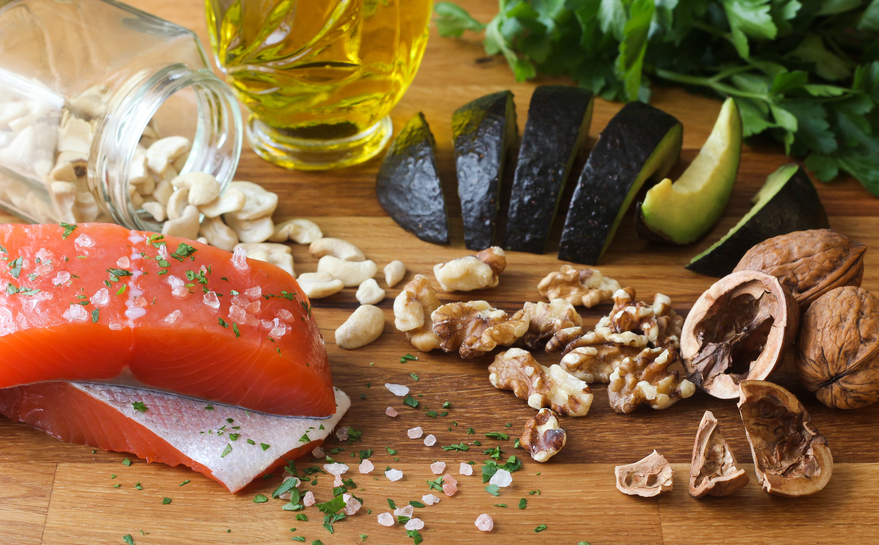
Healthy fats are vitally important for health and fertility as they support hormone production and healthy cell formation. You will find them in avocado, linseed oil, nuts, seeds and fresh oily fish. However, limit oily fish to three portions a week because they may contain pollutants that could affect fertility if consumed in high amounts. These food sources are also excellent sources of vitamin E, vitamin D and important minerals, such as chromium and selenium.
3. Eat whole foods
Eat as close to nature as was intended by choosing whole grains such as brown rice, red rice, wild rice, quinoa, millet, buckwheat, rye and oats. These are also excellent sources of the B vitamin family, including B12, choline and minerals such as manganese, zinc and chromium.
4. Eat a rainbow every day
Eating a colourful variety of fruit and vegetables each day naturally increases your intake of important antioxidants and phytochemicals shown to support pre-conceptual health, such as beta-carotene from carrots, sweet potatoes and squashes. Adding spices, such as turmeric and ginger, to your cooking is also an excellent way to achieve this ‘rainbow’.
5. Eat green leafy vegetables
As well as being an excellent source of folate, green leafy vegetables provide a great source of fibre for healthy digestion, which helps to prevent hormonal imbalances. Steam them to retain their nutrients. Increase your intake by using them to make juices, soups and smoothies.
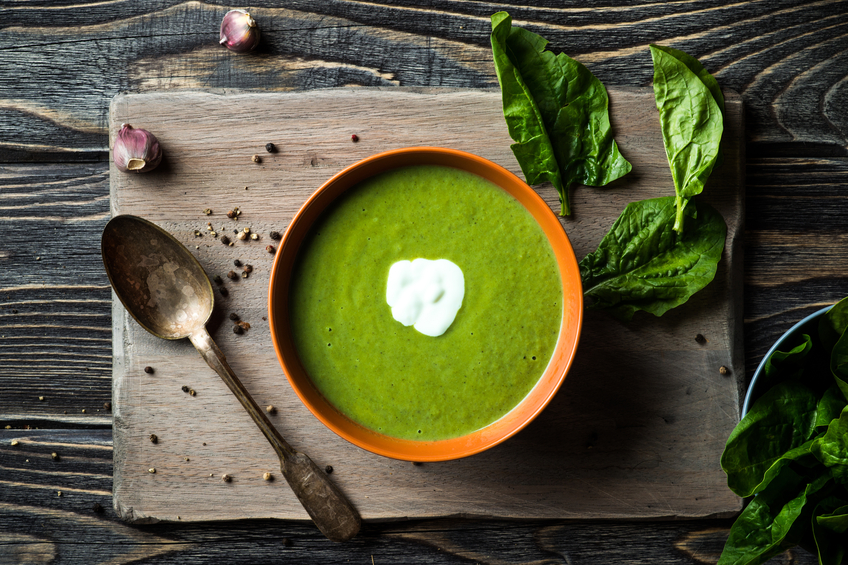
6. Eat mindfully
Digestion begins in the mouth and eating too quickly can reduce your ability to absorb and use the nutrients the food provides. Equally, eating slowly allows the body the time it needs to register its own appetite signals, making it less likely that you will overeat.
7. Eat seasonally if possible
Seasonal food grown in sync with nature’s cycle can improve the nutrient value of the food. Eating seasonally also means eating warmer foods in the colder, damper winter and autumn days, and lighter, less-cooked foods in the warmer and brighter summer and spring days.
8. Take supplements if you need them
It is now medically accepted that certain vitamins and minerals can increase your chances of getting and staying pregnant by supporting hormone balance, as well as healthy egg and sperm development. However, increasing research is showing us that today’s environment is not as fertile-friendly for both plant and human as it once was. Many of the foods we eat have been grown on exhausted soil, intensively farmed, picked before they are ripe and transported many miles from source before reaching our plates. As a result, a large proportion of our food is lacking in much-needed trace minerals and vitamins.
couples who took nutritional supplements to support a healthy diet, had quicker conception rates than those who did not.
Studies have shown that couples who took nutritional supplements to support a healthy diet, had quicker conception rates than those who did not. Choose wisely, going for high quality produces that use natural forms of folate (I use the Wild Nutrition Food-Grown® Fertility range)
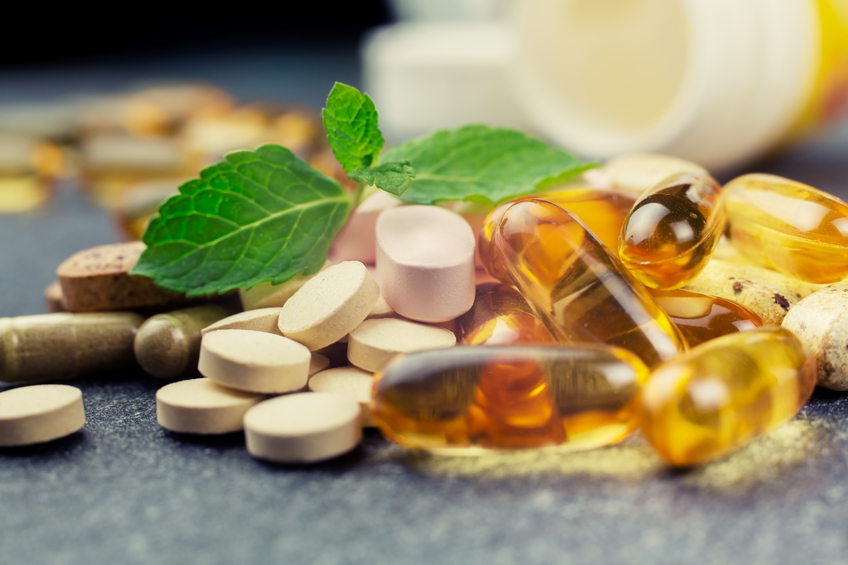
It is my heartfelt belief that building a relationship with your baby can start before you conceive. Investing in and caring for your health during the preconception period will provide your baby with a nutrient-rich environment on which to thrive from day one of pregnancy. It is the window of opportunity for you to start building the nutrient reserves for your experience of a healthy pregnancy too, to minimise your experience of common pregnancy ailments and make pregnancy the enjoyable, blossoming journey that it can be.
MORE: Inside a Spanish Fertility Clinic
MORE: 10 foods that boost male fertility
MORE: How alcohol can be good for your fertility

Like this article? Sign up to our newsletter to get more articles like this delivered straight to your inbox.



